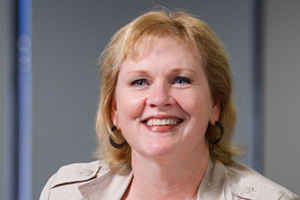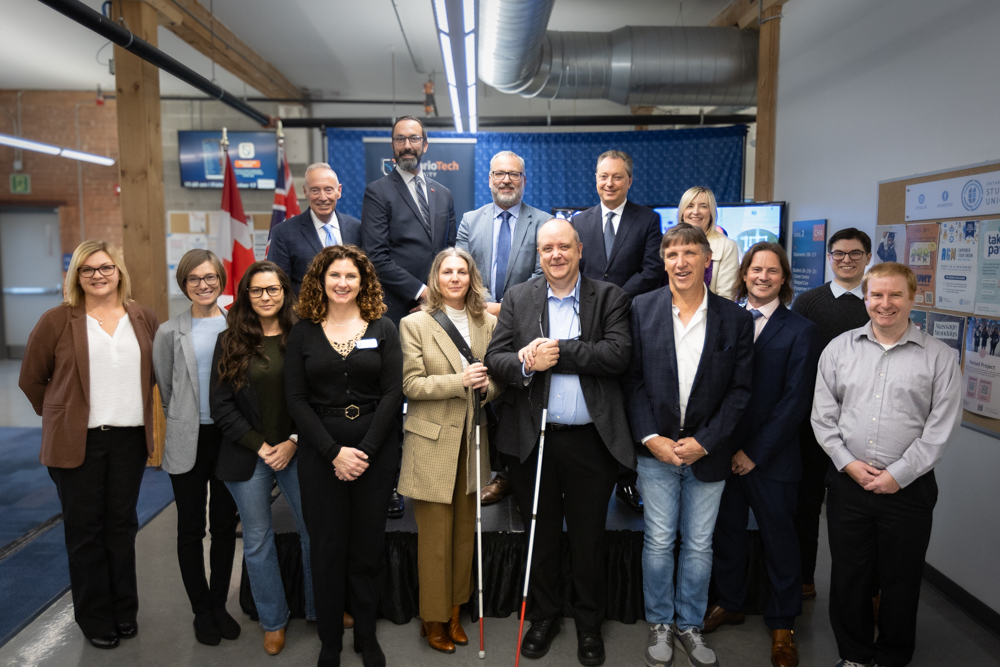UOIT faculty member appointed Fellow in international think tank
September 25, 2013

Dr. Allyson Eamer, Assistant Professor in the Faculty of Education (FED) at the University of Ontario Institute of Technology (UOIT), has become the first Canadian to be appointed a Fellow in the Nantucket Project.
The Nantucket Project is a think tank made up of a select group of visionaries, thinkers, innovators and performers from different disciplines who gather on Nantucket Island, Massachusetts each year to share developments in their respective fields, think outside the box and discuss the ideas and issues that are foremost on their minds. This year’s meeting will take place September 26 to 29.
“The idea is that the presenters, the fellows and the experts in attendance spend three solid days together, bouncing ideas around, supporting each other’s innovations and then ultimately assisting each other in the process of refining and distilling their ideas,” explained Dr. Eamer.
Dr. Eamer first became interested in the Nantucket Project when she started following the work of Dr. Cynthia Breazeal, Associate Professor of Media Arts and Sciences at the Massachusetts Institute of Technology (MIT), who together with her team conducted a project in which they brought Android tablets to a remote village in Ethiopia and tracked what happened with the children there when they played with English apps in the absence of any formal English instruction.
“I was intrigued by the rapid pace the children developed English literacy skills, but also disappointed that no one on the research team considered the value of teaching the children literacy skills in their mother tongue,” said Dr. Eamer. “It occurred to me that Dr. Breazeal had information technology people and reading specialists on the team, but no one with expertise in applied linguistics and language learning theory.” While investigating the project further, Dr. Eamer came across an online video of Dr. Breazeal presenting her work at The Nantucket Project. When she saw that the project was taking applications for fellows, Dr. Eamer decided to apply.
To become a Fellow of the Nantucket Project, applicants must demonstrate the ability to think big in a way that makes a difference and addresses an aspect of social injustice. In her application, Dr. Eamer described her commitment to using online language teaching and learning to help bring Canada’s endangered First Nations languages back from the edge of extinction, and outlined her vision for certifying bilingual elders in the online teaching of their ancestral languages through UOIT’s FEd.
As a fellow, this year Dr. Eamer will have the opportunity to meet and spend time with, among others, former Soviet Leader Mikhail Gorbachev and Eve Ensler, a feminist, activist and playwright, best known for her play The Vagina Monologues.
Following the weekend, she and the other fellows will submit a reflection paper, and will meet again in a mid-year Fellows Summit.
“I would like to congratulate Allyson for this prestigious appointment,” said Dr. Suzanne de Castell, Dean, FEd. “It is exciting for all of us see her become part of this think tank and contribute her ideas and expertise, with the goal of creating meaningful change in society.”



